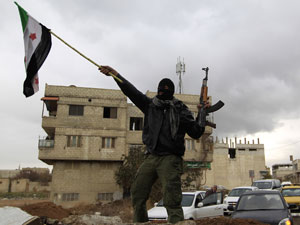Re: Bashar al-Assad, Syria and the Armenian people
It's a university review book belonging to a student. That video is taken at the Umayyad mosque in Aleppo. The dumbasses think it's a Russian ID.
Originally posted by AstalaVist
View Post
















Comment